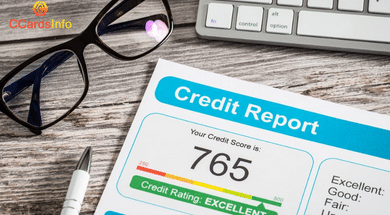Credit card debt is a common problem for many people around the world, and it can be difficult to manage and pay off. When faced with mounting credit card debt, negotiating with creditors can be a useful strategy to help reduce the amount owed and make payments more manageable. Negotiating credit card debt involves reaching an agreement with the creditor to settle the outstanding balance for less than the full amount owed or to establish a payment plan that fits within the debtor’s budget. It can be a daunting process, but with the right tips and strategies, negotiating credit card debt can be a viable option to regain financial stability. In this response, we will explore some practical tips and strategies to help individuals negotiate their credit card debt effectively.

Some tips and strategies to help you negotiate your credit card debt successfully:
1. Assess your debt situation:
Before you negotiate, you need to know how much you owe and to whom. Make a list of all your credit card debts, including the balance, interest rate, and minimum payment.
2. Understand your financial situation:
Take a realistic look at your budget and determine what you can afford to pay towards your credit card debt. This will help you negotiate a payment plan that works for you.
3. Contact your credit card company:
Call the customer service number on the back of your credit card and explain your situation. Be honest about your financial difficulties and ask if they have any hardship programs or payment plans available.
4. Be persistent:
If the first representative you speak with is not able to help you, ask to speak with a supervisor or a manager who has more authority to negotiate.
5. Be prepared to negotiate:
Credit card companies are usually willing to negotiate, but they may not offer you the best deal upfront. Be prepared to counter their offers with your own proposals.
6. Ask for a lower interest rate:
High-interest rates can make it difficult to pay off your credit card debt. Ask if the company can lower your interest rate or offer you a promotional rate for a certain period of time.
7. Request a payment plan:
If you can’t afford to pay off your credit card debt in full, ask for a payment plan that allows you to make smaller payments over a longer period of time.
8. Offer a lump sum payment:
If you have some money saved up, offer to make a lump sum payment to settle your debt for less than the full amount owed.
9. Get everything in writing:
Make sure you get any payment plans or agreements in writing, so there are no misunderstandings or surprises later on.
10. Consider professional help:
If you are having difficulty negotiating with your credit card company, consider getting help from a credit counselor or a debt settlement company. These professionals can negotiate on your behalf and help you get out of debt faster.
Bottom line:
Negotiating credit card debt can be a challenging but effective way to regain control of your finances. By reaching an agreement with your creditor, you may be able to settle your outstanding balance for less than the full amount owed or establish a payment plan that fits within your budget. To effectively negotiate credit card debt, it’s essential to prepare by understanding your financial situation, researching your creditor’s policies and options, and being persistent in your communication with them. Remember to be honest about your financial situation, stay calm and professional during negotiations, and get any agreements in writing. By following these tips and strategies, you can take control of your credit card debt and work towards financial freedom.




